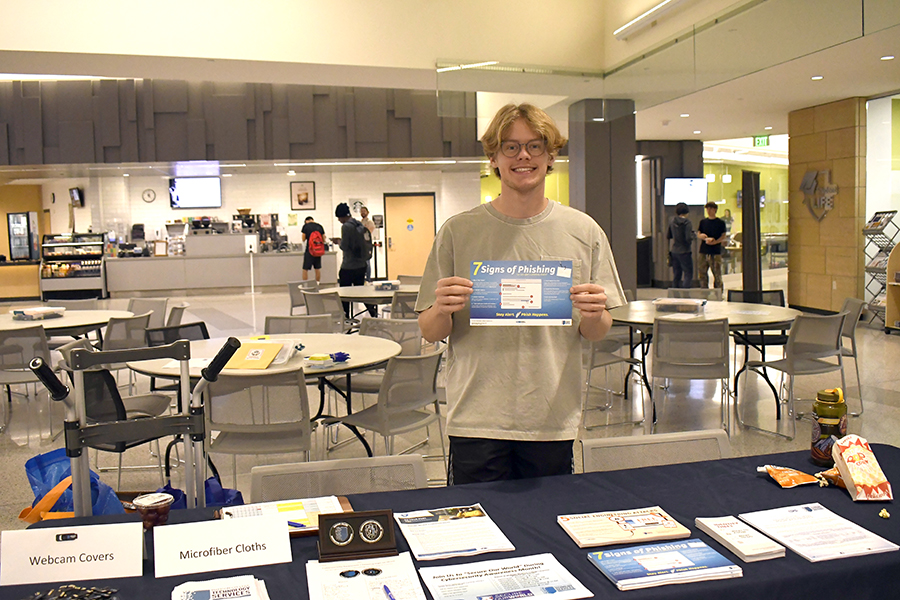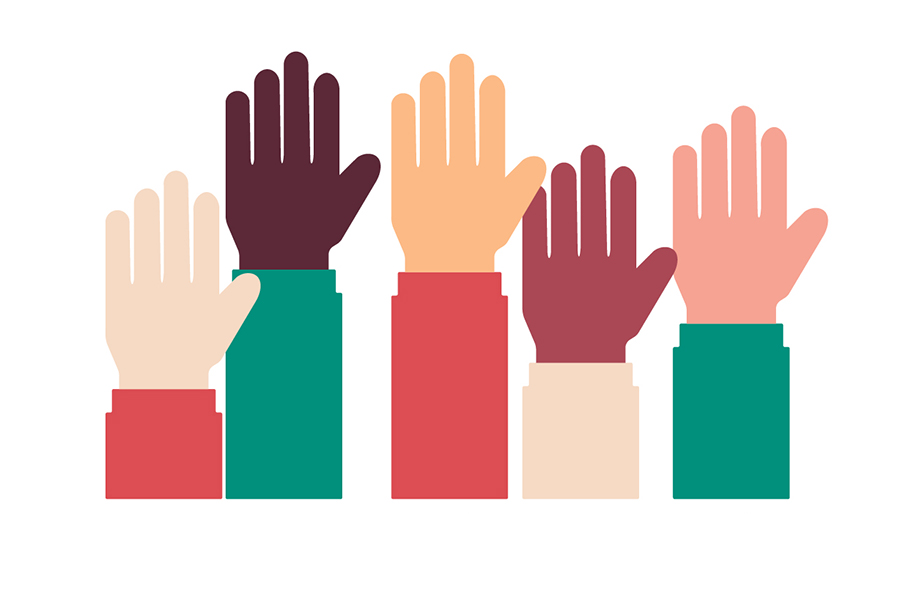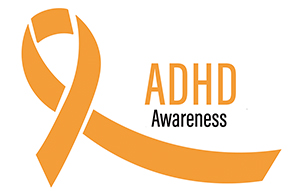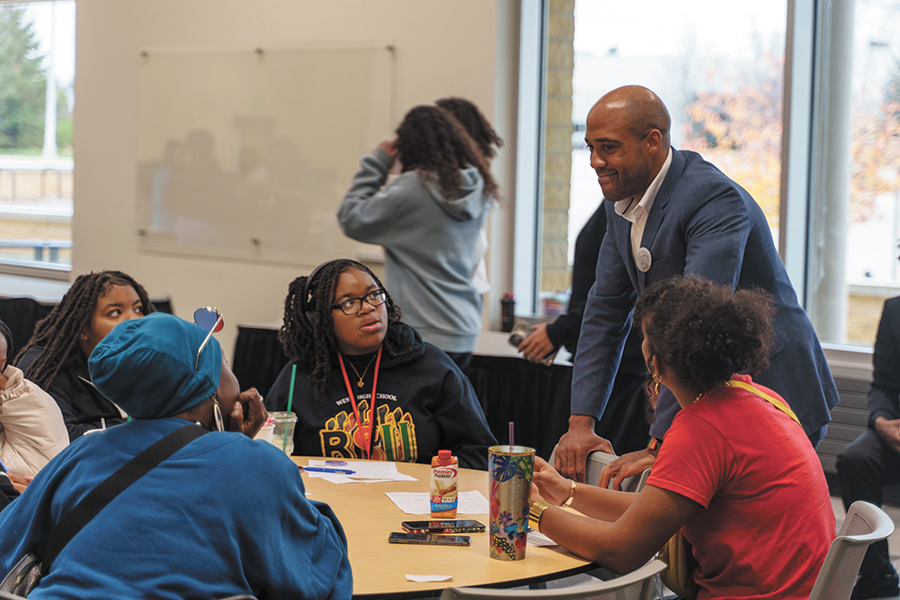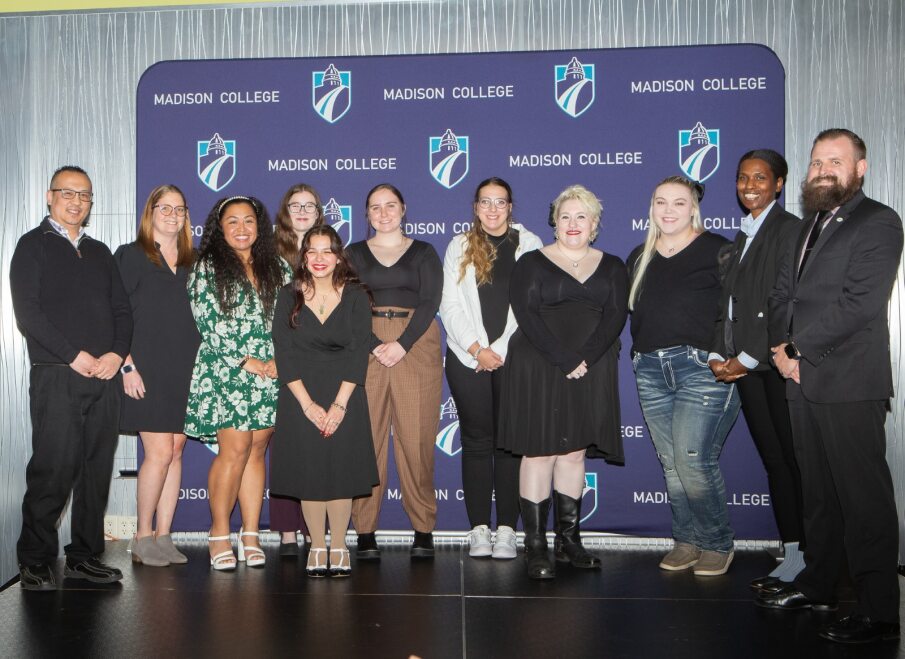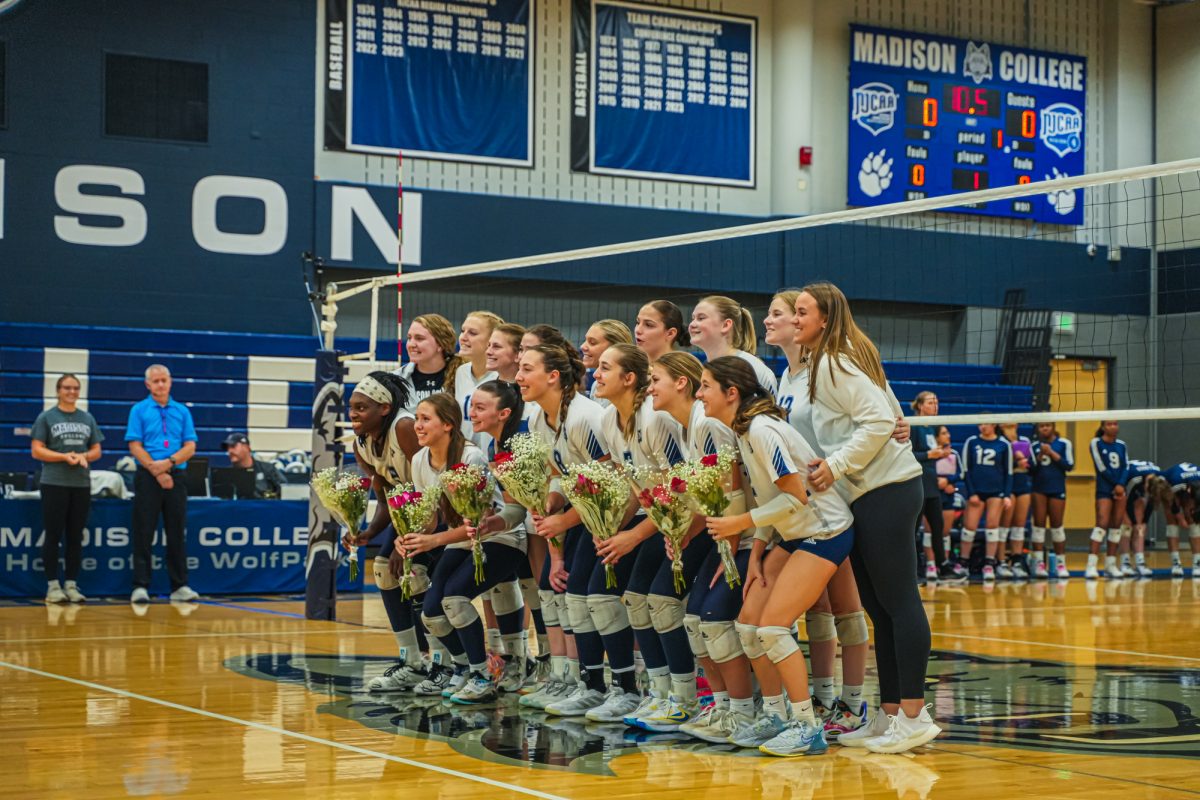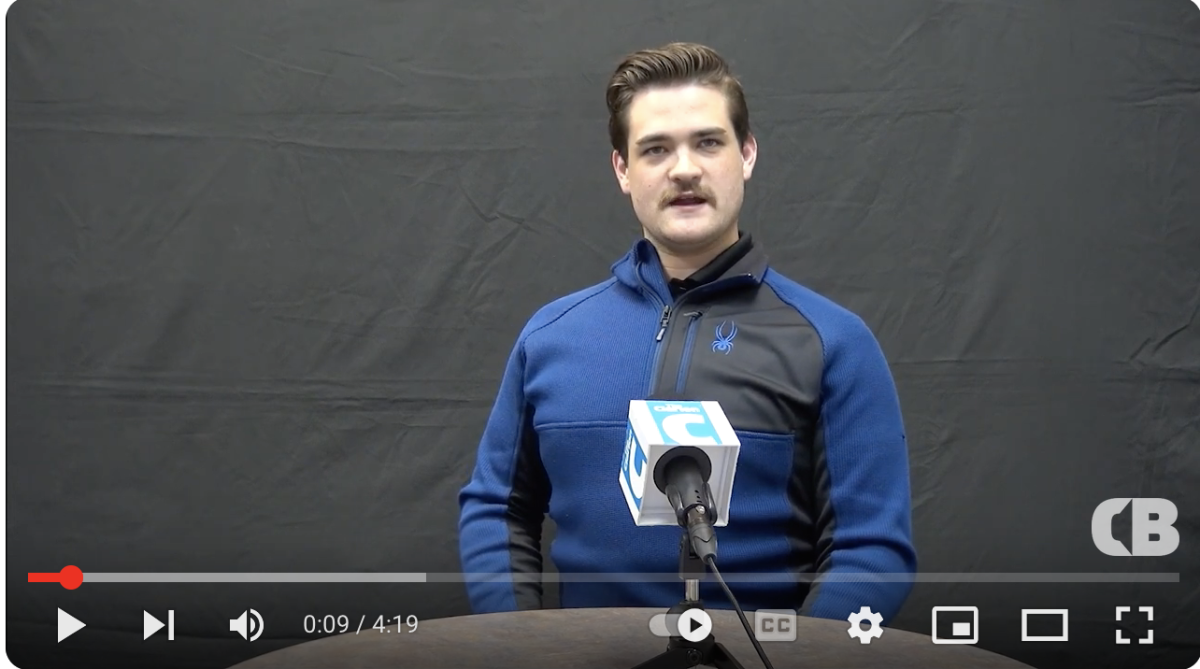A Clean DREAM Act for DACA
Why This is Necessary for America Right Now.
April 7, 2021
The uncertain future of the Deferred Action for Childhood Arrivals or DACA program lasted for two years and eight months. I remember witnessing the birth, death and rebirth of the DACA program play out in late 2017. The DACA Program is a temporary relief from deportation and the availability to work lawfully in the United States.
But the problem with DACA, as identified by Walter Nicholls in “The DREAMers How the Undocumented Youth Movement Transformed the Immigrant Rights Debate,” is that the measure “did not provide a path to citizenship and could be revoked at any time by the sitting president.”
Any time now, the Supreme Court will decide whether the program should be allowed to continue or be stopped, which would impact the lives of DACA recipients and their families directly. More so it will impact the lives of others indirectly; Because without a work authorization, DACA recipients would not be able to occupy essential jobs that require the correct documentation. The shortage of essential workers in the front lines will be more overwhelming than it is right now. What’s at stake is the lives of people – something that we cannot replace. I argue that a clean DREAM Act for DACA is necessary for America right now.
Renewing DACA will serve as an extension to the Supreme Court ruling Plyler v. Doe signed into law in 1982. That Supreme Court ruling allowed undocumented children to attend primary and secondary schools. It’s often known as “the right of all children” to receive an education regardless of citizenship. The Supreme Court ruling also continues to protect the status of undocumented children, but this protection can only go so far for two reasons. First, when an undocumented child reaches adulthood or 18 years old, they are no longer protected which arbitrarily makes them criminals and punishes them for something that they did not do. It is at this point that DACA serves as a bridge from Plyer v. Doe, because without that protection we lose the nurturing of a child to fulfill its education and later its position in the world. Secondly, children are protected from Immigration and Customs Enforcement not only on school grounds, but when kids are attending school from home. Home might not always be a safe place, especially for children who might not know their rights and what to do when a public official knocks on their door.
I fear that the end of DACA can also cause more civil unrest which could lead to high levels of COVID-19 contaminations. The uncertain future because of COVID-19 is being felt by everybody, I feel it on top of the uncertain future of the DACA program – adding another layer of anxiety. I worry for the future, because it’s no longer about the end of DACA, but instead about what are the consequences of ending DACA now.
Just as the manpower shortage during the World War II, undocumented workers played a role to contribute to the solders at the frontlines. In 1944 alone, according to the book, “Mexicans in Wisconsin” by Sergio González, “the seven million pounds of cherries Mexican hands helped harvest went directly to the military,” despite the horrible working conditions and many who died because of it. These workers who were essential to that time reflect the essential and non-essential workers of today.
If “we are all in this together,” then that also includes undocumented immigrants and DACA recipients who are also playing a huge role to keep everyone safe, contributing to the supply chain and our economy. These people, who have sacrificed everything for a better life in the United States, continue to put their lives in the line for the American Dream.

